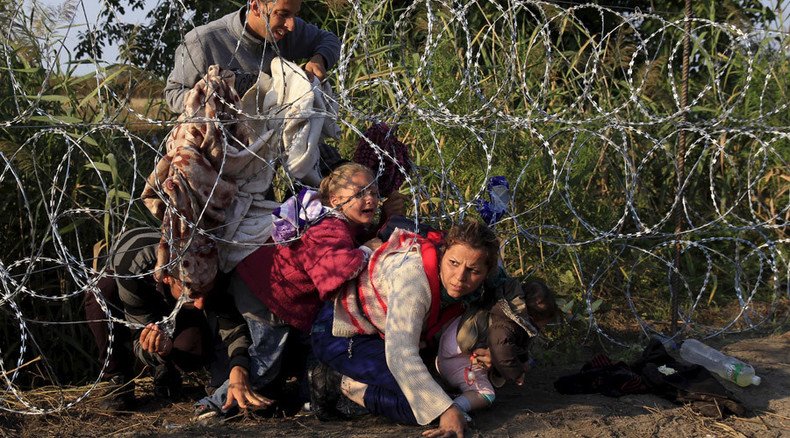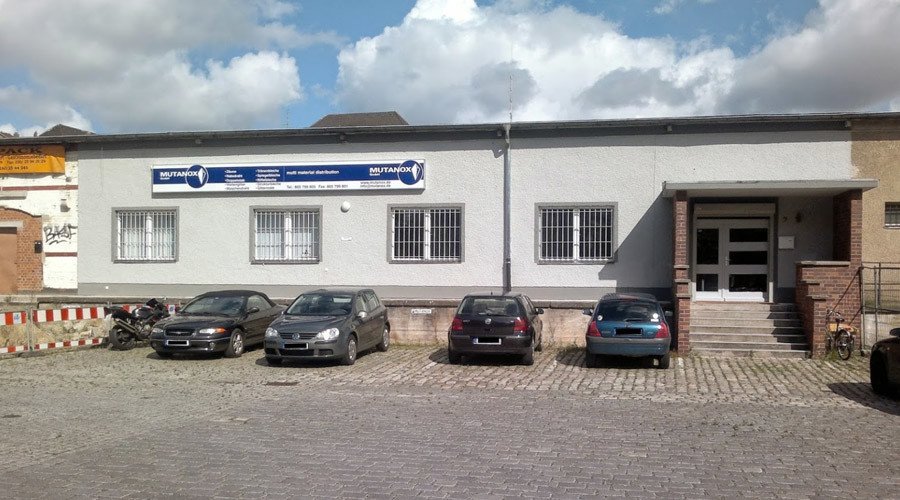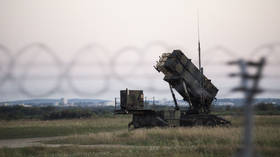‘Razor wire is for criminals’: German firms refuse to sell materials for Hungary's refugee fence

Two leading German manufacturers have turned their back on contracts worth hundreds of thousands of euros to help build up Hungary’s border with Serbia. Despite the gesture, more and more countries are fencing themselves off from the flow of asylum seekers into Europe.
According to German media, Hungary, a major transit route for migrants attempting to reach Germany from Greece, put out a tender for 9,000 or 10,000 rolls of barbed wire in August. Each roll would have contained up to 10 feet of wire, and cost between €15 ($17) and €30 ($34) for an order of this size.
An improved modification of barbed wire, razor wire is lighter, and features small blades instead of barbs, meaning it cuts more easily, and is harder to break with a pair of clippers.
Mutanox, a Berlin-based manufacturer said it refused to put forward a bid on principle.
"Razor wire is designed to prevent criminal acts, like a burglary. Fleeing children and adults are not criminals," a spokesman told Die Welt newspaper.

A second company, which wished to remain unnamed, said it initially submitted a bid, only to regret the decision.
“The whole process was very fast and opaque. In the end, we were glad not to have won. Children trapped in razor wire are a disgrace,” said the CEO.
Die Welt reported that in the end a Chinese firm stepped in to fulfill the order.
Hungary’s nationalist government has been unapologetic about the construction of the fence, after 170,000 people entered the country illegally since the start of this year. It has recently approved a law that introduces sentences of up to three years for illegal crossers.
When the fence opened on Tuesday, the number of those attempting to cross into the country fell to 316, from a record 9,380 the day before. According to the Guardian, those attempting to enter were subjected to on-the-spot asylum assessments, with the vast majority being told to return to Serbia. On Wednesday, a group of migrants attempted to forcefully cross the fence, only to be met with water cannon and tear gas.
Chaos at Hungarian border as police and refugees clash (VIDEO) https://t.co/9SL67ek5Supic.twitter.com/zK6cY3bESP
— RT (@RT_com) September 16, 2015For all the criticism prime minister Viktor Orban has brooked from his political opponents at home and in the EU, and human rights groups – from being called unempathetic to accusations of crypto-fascism – Hungary appears to have been a forerunner of a trend that is now being taken on board by the rest of Europe.
The main migrant routes into Europe, recently introduced border controls and border fences pic.twitter.com/DFVXbfUrRm
— Agence France-Presse (@AFP) September 15, 2015Last week, Germany instituted border checks with Austria, and suspended several train services that resulted in Munich being overrun with asylum seekers arriving from the country. In a domino effect, Austria has closed off its border with Hungary, also halting several communication lines, to prevent a build-up of refugees inside its territory. Slovakia and the Czech Republic are two other Schengen Agreement members, who have instituted controls on their southern checkpoints, with Croatia expected to become the next easy route towards Germany, which has accepted more refugees than all the rest of Europe put together.
Meanwhile, Hungary has now said it plans to extend its fence to the border it shares with Romania.












